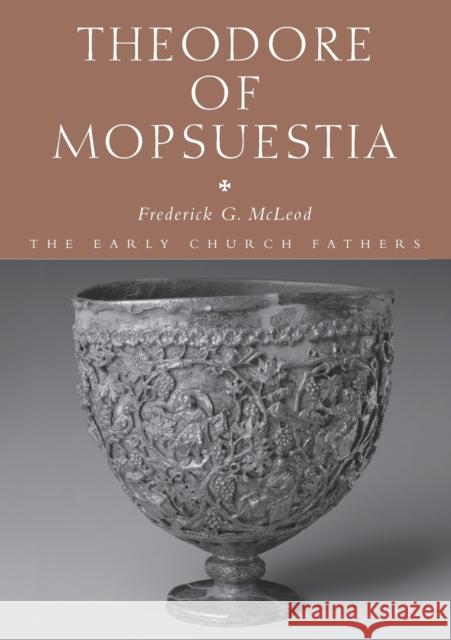Theodore of Mopsuestia » książka
Theodore of Mopsuestia
ISBN-13: 9780415434089 / Angielski / Miękka / 2008 / 198 str.
Theodore of Mopsuestia
ISBN-13: 9780415434089 / Angielski / Miękka / 2008 / 198 str.
(netto: 181,87 VAT: 5%)
Najniższa cena z 30 dni: 186,33
ok. 22 dni roboczych.
Darmowa dostawa!
Theodore, bishop of Mopsuestia, (c.350-428) stands out as the pre-eminent exponent of the School of Antioch’s literal, historical and rational emphases in exegesis and of its staunch defence of Christ’s humanity. At his death, he was hailed as one of the outstanding, prolific biblical theologians of his time. However, after his works and person were later condemned at the Second Council of Constantinople in 553, he is known today primarily as the "Father of Nestorianism."
This addition to the Early Church Fathers series provides in one place new extensive translations of Theodore’s major extant works that have not been available in English up unto the present. It also summarizes the secondary literature and discusses at length the fundamental features of his theological thinking, especially regarding his method of exegesis and his functional stress on the union of Christ’s natures as occurring in ‘one common prosopon.’
Frederick G. McLeod presents passages from Theodore’s major works ‘On the Incarnation’ and his ‘Cathechetical Homilies;’ his commentaries on Psalm 8, Adam’s creation, John, Philippians 2, Galatians, Ephesians, and Colossians; and his rejection of the allegorists and Apollinaris, as well as providing all the anathemas of Constantinople II against Theodore’s works and person.
This book will be invaluable to any scholar who wishes to read firsthand what this influential and controversial figure has actually written.
Frederick G. McLeod has a doctorate in Oriental Christian Studies from Rome and is recently retired from St. Louis University’s Department of Theological Studies.











